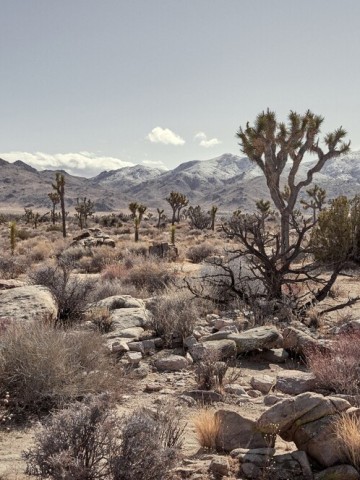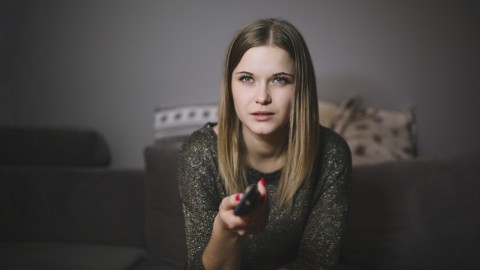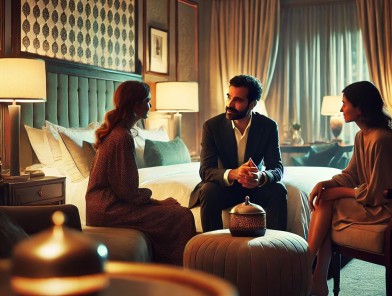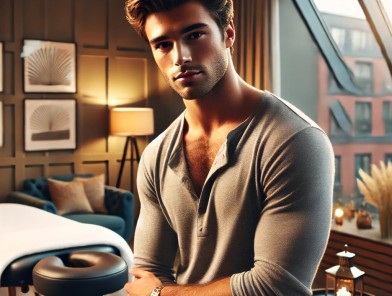The Law Targets Porn Sites, But What About Netflix?
As the UK rolls out its new age verification policy under the Online Safety Act, adult websites are being forced to verify that users are over 18 before allowing access to explicit content. Sounds good on paper, right? But the elephant in the room is growing: What about streaming platforms like Netflix, Prime Video, or Disney+?
These platforms are flooded with graphic sex, nudity, drug use, and violence not just in adult-rated films, but in mainstream series teens adore. So if Pornhub needs your passport, what about shows like Bridgerton, Euphoria, or The Boys?
Is the UK prepared to demand that Netflix verify users’ ages with facial scans or ID uploads before streaming such content? Or are we pretending that “click to confirm you’re 18” works just fine if there’s a Netflix logo in the corner?
Film Channels Fly Under the Radar Why?
And what about traditional movie channels? Platforms like Sky Cinema, Film4, Sony Movies, and AMC routinely broadcast uncut films that include nudity, graphic sex, hard drug use, torture scenes, and bloody executions all legally, with nothing more than a basic age rating on screen and a disclaimer before the movie starts.
Is that enough? If the UK is truly serious about shielding minors from adult content, then we have to ask:
Who’s sitting in front of that TV at 10:45 p.m.? A consenting adult or a 13-year-old with a remote?
The law doesn’t require Film4 to scan your face. It doesn’t fine Sky Cinema if a 15-year-old watches Eyes Wide Shut. So is this really about protecting children or simply about controlling online platforms where anonymity makes regulation harder?
Is This Protection or Just Performance?
There’s a brutal irony here. The government now requires ID to watch consensual adult content on a private browser…
…but shows like Requiem for a Dream, Trainspotting, or Fight Club all packed with explicit visuals are aired on linear TV or streamed freely with a PIN code any kid can guess.
So is it about the nature of the content or just about optics? Are we regulating access to harmful material, or just giving the illusion of control where it's easiest to enforce?
If it’s really about shielding children, shouldn’t the same logic apply to every screen? If a site like Stripchat must block minors through hard verification, why don’t Sky Movies or Netflix have to do the same? Or is this where our moral panic meets market convenience?
Enforcing Morality with a Broken Compass
Let’s be clear: protecting minors from abuse and harmful content is vital. But half-measures and lopsided rules won't get us there. You can’t pretend to safeguard childhood while letting adult-rated movies stream uncensored in every British living room.
Unless the UK is willing to build a nationwide content firewall that includes streaming services and television networks, the current law feels like a bandage on a bullet wound symbolic enforcement that avoids the real complexities.
Final Thought: You Can Ban Porn, But You Can’t Ban Curiosity
The new UK law is bold. But it raises bigger, more uncomfortable questions:
-
Can a government truly regulate what kids see without regulating every screen?
-
Why is sexual content treated so differently based on platform not impact?
-
And at what point does privacy matter more than the illusion of safety?
Until the same standards are applied across Netflix, Sky, Film4, Disney+, and beyond, the age verification law might be little more than political theatre targeting the visible symptoms while ignoring the digital culture teens already live in.













